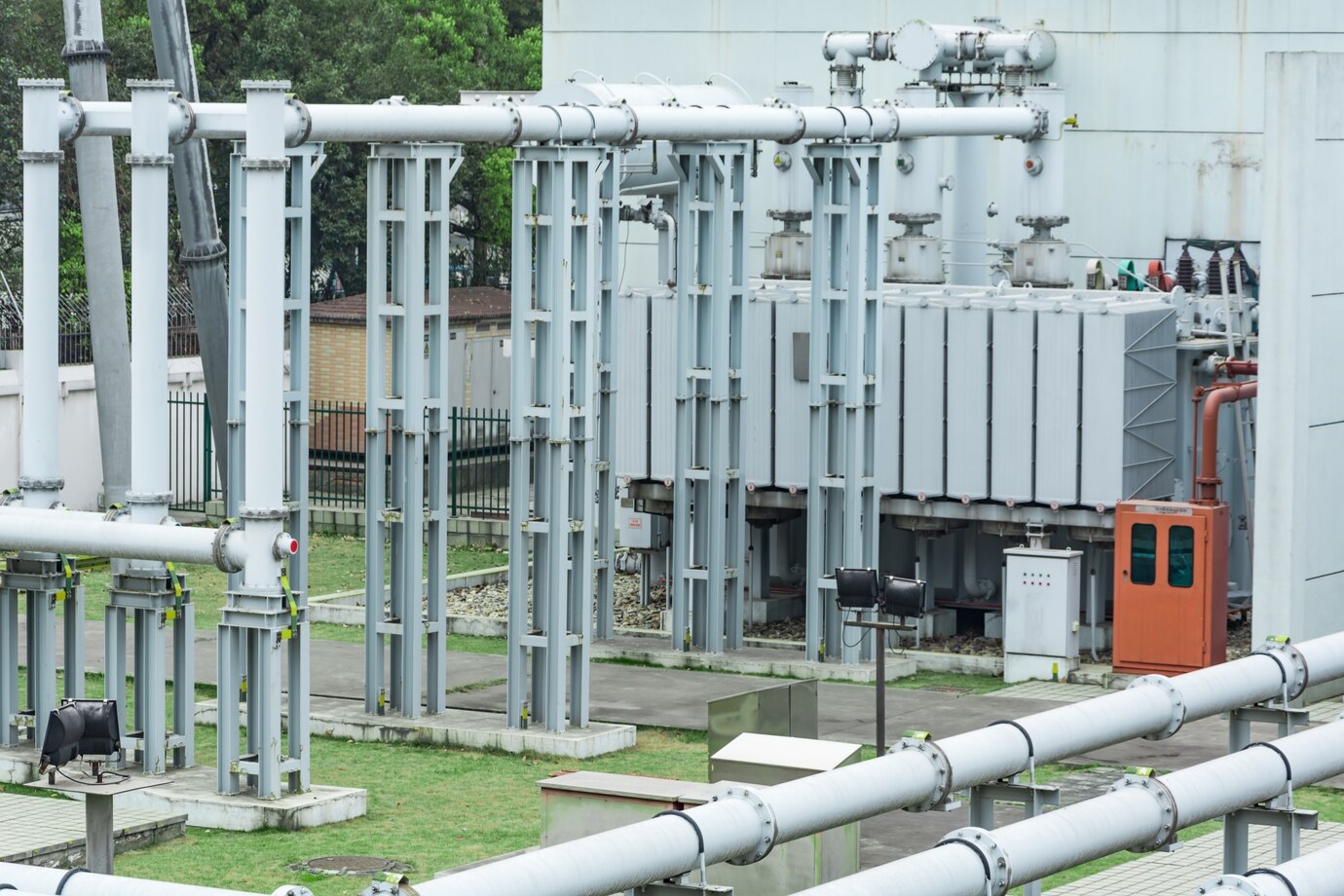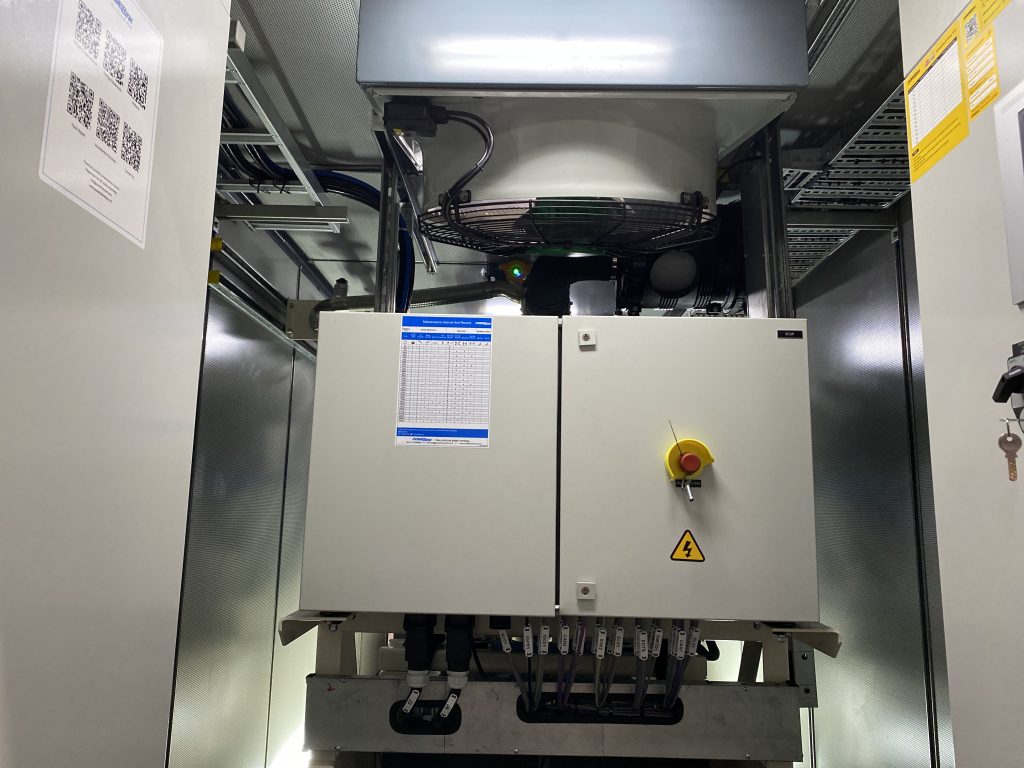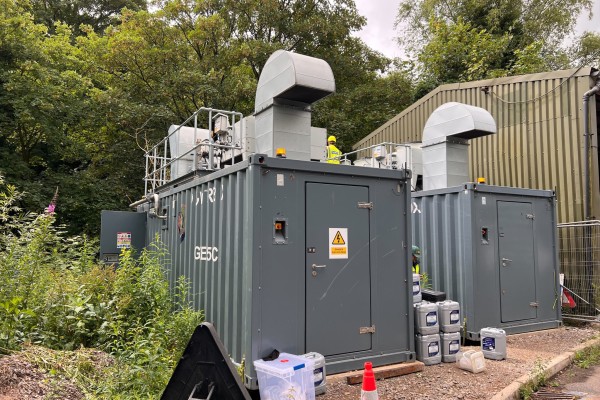Why Investing in a Natural Gas Generator is Worth It
Imagine life without electricity for an extended period. It’s difficult, right? Yet, power outages are more common than we realize, which makes having a backup plan essential to keep your daily activities running smoothly. One of the most valuable investments for both homes and businesses is a backup generator.
As interest in clean energy and uninterrupted power grows, the demand for natural gas generators has surged. Innovations like Combined Heat and Power (CHP) systems, which improve the overall efficiency of natural gas units, have driven this increase. Natural gas generators offer a cleaner, more cost-effective alternative to diesel, thanks to their lower emissions and reliable fuel supply. Their efficiency and eco-friendliness make them a popular choice for both homes and businesses.
In this blog post, we’ll explore the benefits and potential drawbacks of natural gas generators, helping you decide whether this eco-friendly power solution is the right choice for your home or business.
What are natural gas generators?
A natural gas generator generates electricity using natural gas, a cleaner alternative to diesel or gasoline. It operates by drawing gas from storage tanks or utility pipelines and using an internal combustion engine to inject a fuel-air mixture into the combustion chamber. The fuel is ignited by a spark plug, driving the crankshaft, which rotates to produce electricity. These generators are commonly used in both residential and commercial settings.
By the end of 2023, natural gas generators held the largest share of power generation capacity in the U.S. They are known for their cost-effectiveness, operational efficiency, and lower environmental impact compared to other fossil fuel generators. Despite being less flexible for certain applications, their benefits outweigh the limitations for most users, offering reliable, cleaner energy.
Pros of a Natural Gas Generator
Reliable Fuel Supply
Natural gas generators provide a dependable power generation solution. One of their key advantages is that natural gas is delivered directly through an extensive network of pipelines, eliminating the need for fuel storage. This ensures that a consistent supply of fuel is readily available during emergencies, allowing for uninterrupted power generation. Additionally, since the gas lines are buried underground, they are less susceptible to damage from natural disasters, such as storms, which further enhances the reliability of natural gas as a fuel source.
Cost Savings
Operating a natural gas generator is generally more cost-effective than running a diesel generator. Historically, natural gas prices have been lower, leading to substantial fuel savings over time. Although initial installation costs may be higher, the long-term savings on fuel and maintenance often make natural gas generators a financially advantageous choice. With a natural gas generator in place, you won’t have to worry about financial losses due to power outages. Your generator will ensure a continuous power supply, helping to maintain productivity.
Environmentally Friendly
Natural gas generators are the cleanest-burning fossil fuel option, emitting significantly fewer pollutants compared to diesel or coal. They produce lower levels of sulfur dioxide, nitrogen oxides, and particulate matter, fostering a healthier environment. Moreover, specially designed natural gas generators can utilize field gas, further minimizing emissions. If your business is striving to adopt more environmentally friendly practices, natural gas generators can help you achieve your sustainability goals.
User-Friendly Operation
Natural gas generators are designed for ease of use, typically requiring fewer permits due to their lower emissions. This makes them suitable for both emergency and non-emergency applications, such as cost-saving measures like peak shaving. Additionally, these generators operate quietly and produce no unpleasant odors associated with diesel generators, making them ideal for a variety of environments, including confined spaces. Their user-friendly nature ensures that businesses can efficiently manage their power needs without unnecessary complications.
Seamless Power Continuity
Natural gas generators ensure uninterrupted operations during power outages, allowing businesses to maintain essential functions. They can seamlessly take over the power load for critical systems such as lighting, security, and industrial equipment. With a properly sized generator, businesses can sustain productivity and operations until the main power grid is restored. This capability not only safeguards against downtime but also enhances overall reliability, ensuring that your operations continue smoothly even in the face of disruptions.
Drawbacks of Natural Gas Generators
Natural gas generators offer many advantages, but there are several drawbacks that potential users should be aware of. A primary concern is the risk of supply disruptions during natural disasters, such as earthquakes, which could leave your generator inoperable when it’s most needed. Additionally, natural gas is highly explosive, posing a fire hazard in the event of a pipeline rupture.
The initial investment for a natural gas generator can also be substantial, often requiring professional installation and potentially necessitating modifications to your home. Furthermore, maintenance costs tend to be higher, which can affect your long-term budget. Being aware of both the benefits and limitations of natural gas generators is essential for making an informed purchasing decision.
How to Maintain Natural Gas Generators
Regular maintenance can enhance the performance and lifespan of natural gas generators. Below is a concise overview of the maintenance schedule and essential practices:
Maintenance Schedule
- Initial Maintenance Check: New generators should undergo their first maintenance inspection after 50 hours of operation to ensure that all components are functioning properly.
- Scheduled Maintenance: Following the initial check, maintenance is typically recommended on an annual basis or after a specified number of operating hours. Smaller generators may require servicing every 100 to 200 hours, while larger units should be serviced every 250 hours. Regular checks help identify minor issues before they escalate into significant problems.
Key Maintenance Tasks:
- Oil Changes: Regular oil changes are vital for lubricating the engine and preventing wear. It is essential to use low-ash oil specifically formulated for gas engines to optimize performance.
- Filter Replacements: Clean filters are critical to preventing debris from entering the engine. Air filters should be inspected monthly, and oil, air, and fuel filters should be replaced during annual servicing.
- Battery and Ignition Checks: Ensuring the battery is in good condition is crucial for optimal performance. During maintenance, both the battery and the ignition system should be tested to avoid potential starting issues.
- Hose Inspections: Regular checks for leaks in hoses are necessary to prevent efficiency losses and increased operational costs.
- Coolant Checks: Maintaining proper coolant levels is essential to prevent overheating. Regular maintenance should include checking and topping off coolant levels, along with sampling and flushing as necessary.
By adhering to this maintenance schedule and performing the key tasks outlined above, operators can ensure their natural gas generators operate efficiently and reliably for many years. Regular maintenance not only maximizes performance but also contributes to overall safety and compliance with regulatory standards.
PowerLink: Leading the Way in Reliable Power Generation
Now that you are aware of the advantages and disadvantages of natural gas generators, you can weigh your options and make an informed decision. One of the key benefits is that natural gas emits less carbon dioxide compared to other fuels, making it one of the most reliable energy sources available. When comparing natural gas generators to diesel generators, the former generally offers more advantages.
We encourage you to contact us to explore the pros and cons of natural gas generators further. While each option has its merits, we firmly believe that natural gas generators are worth the investment.
If you’re considering purchasing a natural gas generator and would like more information, we recommend checking out these resources:
For inquiries or to determine if a natural gas generator is right for you, don’t hesitate to reach out to POWERLINK! You can fill out our contact form or call us at +86 2157858099 ext 8820. Alternatively, feel free to email us at [email protected].




